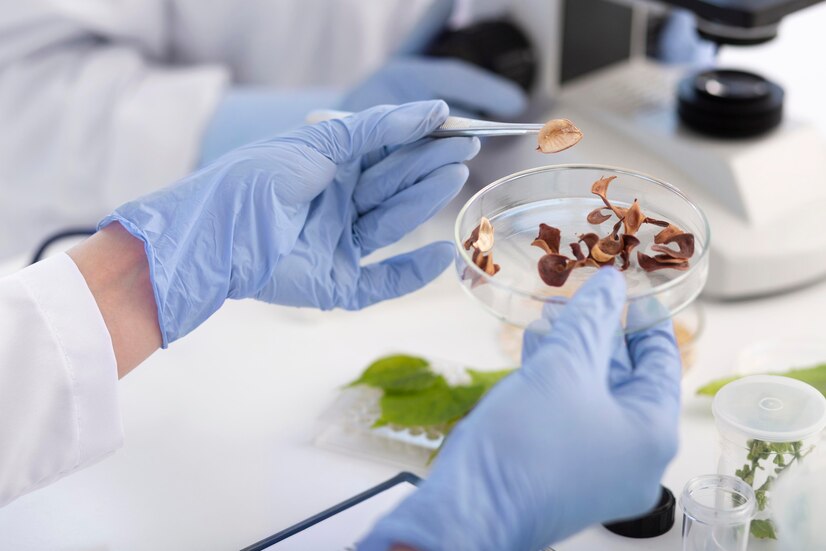
Mushroom on Health 32: Healing with Fungi: Exploring Medicinal Mushroom Studies
Medicinal mushrooms have been used for centuries in traditional medicine practices around the world. In recent years, there has been a growing interest in the potential health benefits of these fungi. Scientific studies have started to shed light on the therapeutic properties of medicinal mushrooms, revealing their potential in supporting various aspects of human health.
What are Medicinal Mushrooms?
Medicinal mushrooms are a diverse group of fungi that have been used in traditional medicine systems, such as Traditional Chinese Medicine and Ayurveda, for their healing properties. These mushrooms are known for their bioactive compounds, including polysaccharides, terpenoids, and phenolic compounds, which contribute to their therapeutic effects.
Immune System Support
One of the most well-known benefits of medicinal mushrooms is their ability to support the immune system. Studies have shown that certain mushrooms, such as Reishi, Turkey Tail, and Shiitake, can enhance the activity of immune cells, promote the production of immune-modulating cytokines, and increase the production of antibodies.
For example, a study published in the Journal of Ethnopharmacology found that Reishi mushroom extract increased the activity of natural killer cells, which play a crucial role in immune defense against pathogens and cancer cells. Another study published in the International Journal of Medicinal Mushrooms demonstrated that Turkey Tail mushroom extract stimulated the production of interleukin-2, a cytokine that regulates immune responses.
Anti-Inflammatory Properties
Inflammation is a natural response of the immune system to injury or infection. However, chronic inflammation can contribute to the development of various diseases, including cardiovascular disease, diabetes, and cancer. Medicinal mushrooms have been found to possess potent anti-inflammatory properties.
A study published in the Journal of Medicinal Food investigated the anti-inflammatory effects of Lion's Mane mushroom extract and found that it significantly reduced the production of pro-inflammatory cytokines in immune cells. Another study published in the International Journal of Molecular Sciences demonstrated that Cordyceps mushroom extract inhibited the production of inflammatory mediators in human lung cells.
Antioxidant Activity
Medicinal mushrooms are rich in antioxidants, which are compounds that help protect the body against oxidative stress and damage caused by free radicals. Oxidative stress has been implicated in the development of chronic diseases, including cancer, neurodegenerative disorders, and cardiovascular disease.
Research has shown that mushrooms such as Chaga, Maitake, and Shiitake exhibit strong antioxidant activity. A study published in the Journal of Agricultural and Food Chemistry found that Chaga mushroom extract had the highest antioxidant activity among the mushrooms tested. Another study published in the Journal of Medicinal Food demonstrated that Maitake mushroom extract exhibited potent antioxidant effects in human cells.
Conclusion
Medicinal mushrooms have a long history of use in traditional medicine and are now gaining recognition for their potential health benefits. Scientific studies have shown that these fungi possess immune-modulating, anti-inflammatory, and antioxidant properties, which may contribute to their therapeutic effects. While more research is needed to fully understand the mechanisms of action and potential applications of medicinal mushrooms, their use as a natural health supplement shows promise in supporting overall well-being.
